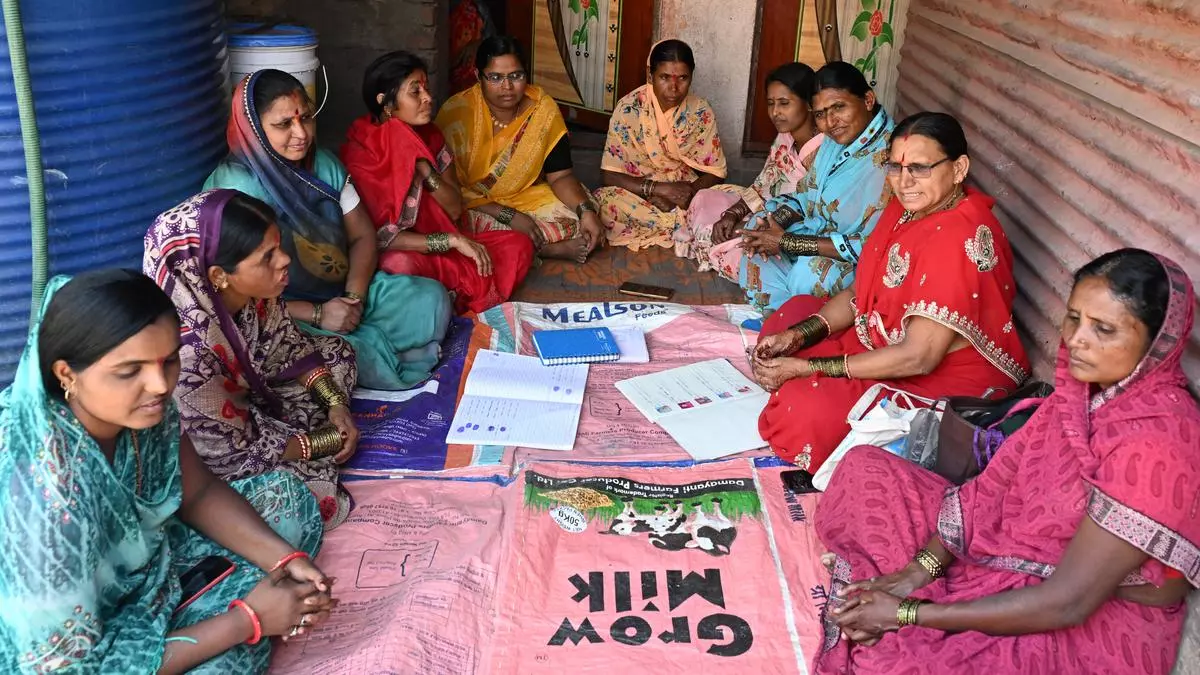At ₹25-lakh crore, India’s farm credit disbursal up 24% over FY24 target
The farm credit target for the 2023-24 fiscal exceeded by a quarter with the disbursement of agricultural credit consistently rising over the past five years. It was just 3 per cent more than the target during 2019-20. However, banks have kept the crop loan within about 60 per cent of the total farm credit. A major component of croal loan is entitled for interest subsidy and it often becomes a political issue due to promise of debt waiver.
In the crop loan segment, the credit availed by farmers up to ₹3 lakh is entitled for interest subvention and the share of such credit is 75-80 per cent of total disbursal under the crop loan.
According to the latest official data, the total agriculture credit in 2023-24 increased to ₹24.84-lakh crore – ₹14.79-lakh crore crop loan and ₹10.05-lakh crore of term-loan — against the total target of ₹20-lakh crore. In 2019-20, total disbursal of farm credit was ₹13.93-lakh crore against the target of ₹13.5-lakh crore.
Top 10 States
State-wise disbursal of farm credit shows that Tamil Nadu, Andhra Pradesh, Karnataka, Uttar Pradesh, Maharashtra, Telangana, Kerala, Rajasthan, Gujarat and Madhya Pradesh are the top 10 States which have a combined share of 80 per cent of the total loans disbursed across the country last year. Also, commercial banks play a big role in disbursal of farm credit having 79 per cent share while regional rural banks (RRBs) contribute 12 per cent and co-operative banks remaining 9 per cent.
Regional disparty
One of the striking features of farm credits is that the share of crop loan is 67 per cent in Madhya Pradesh, 71 per cent in Chhattisgarh, 74 per cent in Uttar Pradesh and 76 per cent in Rajasthan.
“There is a big regional disparity in disbursal that banks and the Centre should focus on as only 20 per cent of the farm credit is shared by over 20 States. It is good that the Department of Financial Services (DFS) is pushing for the inclusion of more farmers, but it has to be from unrepresented States or those having a low share,” said a former top official of Nabard.
According to Siraj Hussain, former union agriculture secretary and an author of a study on farm credit released by Nabard, though increase in crop loan to farmers is a good news, its disbursal in the eastern States is poor.
“One possible reason for larger disbursement of crop loans could be that it are now available for fisheries and animal husbandry also. This is a good development,” Hussain said.
